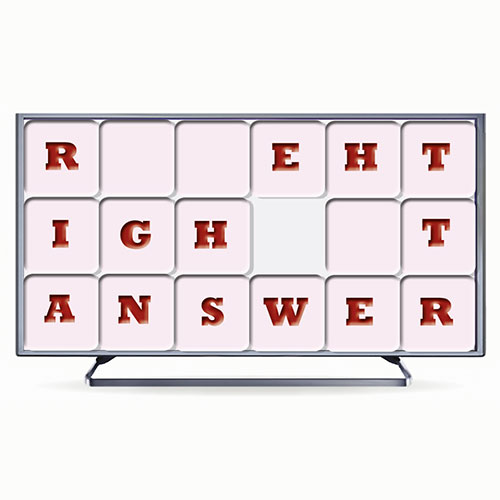The better the questions you ask, the more you’ll find out about your customer and the more closely you will match their needs and maximise the value of the sale, says T21 Group chief executive Paul Laville
This summer, I decided to do some shopping. ‘Mystery Shopping’ that is, because I know that every keen salesperson loves it when someone pretending to be a genuine customer walks in off the street to tease a sale right up to the close, only to walk away with the smiling promise of “I’ll think about it”.
However, believe it or not, there was a purpose to my visits. I’d been asked by a couple of retailers to start some sales training with their shopfloor staff.
For us at T21, it’s vital that we obtain first-hand knowledge of the abilities and attitudes of the people we’ll be training. The more detailed knowledge we have, the fewer assumptions we make and the more targeted and successful our training will be. In short, it’s simply about understanding our customers’ needs and then providing a solution that addresses them perfectly. If we get it right, the theory is they’ll ask us to do more.
If you’re now thinking that sounds a bit like selling, then you’re right. It is. With a slight tilt of the horizon, it’s the same as selling to your customers on the shopfloor.
The difference is that you can’t mystery-shop your customers. Well, you could, perhaps, but you’d probably be frowned at while lurking at their dinner table, recording notes.
But there are tactics you can use to obtain the same level of detailed knowledge and form the highest resolution image of your customer’s wants and needs.
You ask them questions.
Everybody knows this, and I know that everybody knows this. It’s basic stuff. So why bring it up?
Well, because in all my mystery shopping visits, few people asked me enough questions to understand what I really, truly needed.
Here’s an example:
Seller: “What are you looking for, sir?”
Me: “A TV.”
Seller: “Any particular size?”
Me: “I dunno. Probably 50in?”
Seller: “OK. So… here’s a 50in TV. Let me show you how it works. Do you watch YouTube?” And so on… into an enthusiastic demonstration of a bunch of features I’d never use, on a TV too small for my room.
Some asked me what brand I preferred, or what TV I had currently and how much I was willing to spend? There’s nothing wrong with any of that. It’s all good stuff. You might sell to one in every five or six customers you talk to just by asking a few questions like these and performing a decent demonstration.
But what if you want to increase that sell rate – maybe to three or four in every five customers you speak to? What if you need to increase the value of each transaction at the same time?
The easiest place to start is by asking questions and getting to know your customer. You really shouldn’t start recommending or demonstrating products, or even try to close the sale, unless you first understand your customer’s preferences and situation on a deeper level.
I’m sure you know about the importance of open questions – those beginning with ‘what’, ‘where’ ‘why and ‘who’ – and how well they elicit information, but it’s surprising how little they’re really used. Few of my mystery-shop targets discovered – without my volunteering the information – that I also needed a soundbar to go with my new TV, and there lies the opportunity to cross-sell and increase the value of your transaction. What about an extended warranty? Only one hardy soul mentioned it.
Think about this… Within five minutes, your customer has to tell you all about their home situation, their family, and how much money they have, but when they first walk in, they’re strangers.
So, what’s the best way to get to know a complete stranger? In a social situation, you’d ask a few choice questions. Same here. Great questions are at the heart of great conversations, and when you have a great conversation going with your customer they’ll start releasing information that will enable you to truly match their needs.
Just remember to keep the conversation relevant and in control, which is something else that good questioning skills can help you with. If your customer is asking all the questions, then they’re the ones in control.
It might all sound a bit ‘back to basics’, but if you spend some time on your questioning, you’ll find that your recommendations are more relevant and your demonstrations have greater impact. Your customers won’t be quite so undecided and you’ll find it much, much easier to close a sale.


